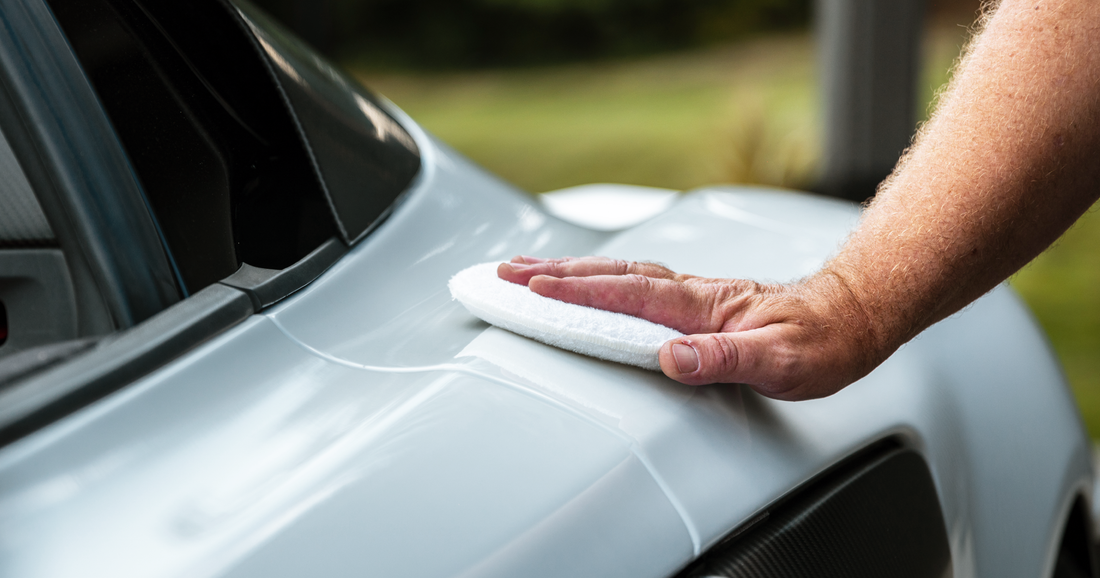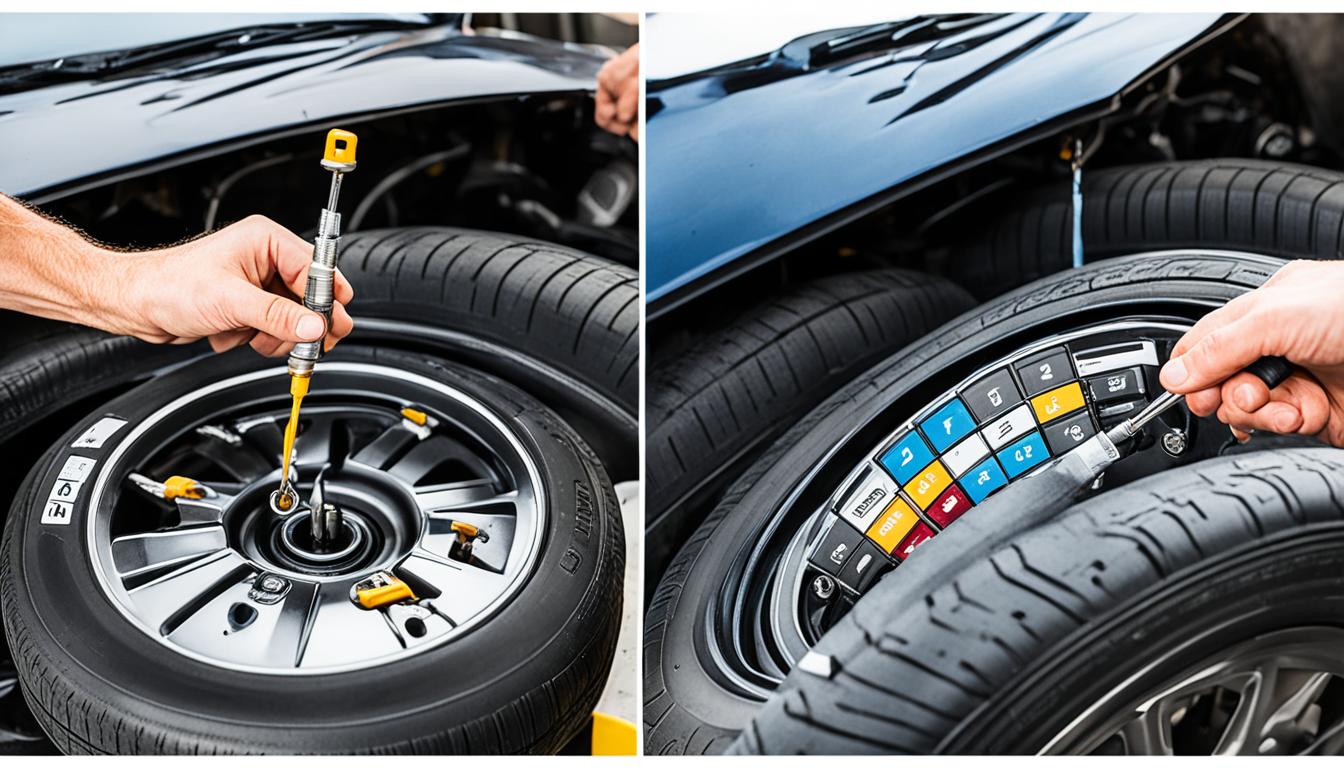All Categories
Featured
An auto overheating can be a demanding circumstance, especially if it occurs suddenly. High engine temperatures can cause serious damages otherwise addressed without delay. Understanding what to do when your car overheats and understanding how to stop it can save you from expensive repair work and guarantee your security on the road.
![]()
If Your Auto Overheats,What to Do. Pull Over Securely. As quickly as you discover indications of overheating-- such as heavy steam rising from the hood, a surging temperature level gauge, or warning lights-- draw over to a safe location. Shut off the engine instantly to stop additional damage.
Switch Off the a/c and Transform On the Heater. Transform off the air conditioning to reduce engine lots and button on the heater if you're unable to pull over right away. This redirects warmth away from the engine and right into the cabin, which can help reduce the engine temperature level temporarily.
Open the Hood (with Caution) Wait for the engine to cool off prior to opening up the hood. Opening it prematurely can subject you to hot vapor or warm liquids. Once it's risk-free, inspect the engine for obvious indications of trouble, such as leaking coolant or a broken radiator hose.
Inspect the Coolant Degrees. Include it to the tank or radiator once the engine has cooled down if you have coolant or water in your automobile. Prevent including cold water to a hot radiator, as it can create breaking.
![]()
Ask For Aid. If you're not able to diagnose or solve the concern, get in touch with a tow truck or roadside aid. Driving with an overheated engine can cause substantial damages, such as a blown head gasket or distorted engine parts.
How to avoid Your Automobile from Getting too hot. Check Coolant Levels Regularly. Ensure your car always has the proper quantity of coolant. Reduced coolant degrees are just one of one of the most usual causes of overheating. On a regular basis examine the coolant reservoir and leading it off if needed.
Inspect Radiator and Pipes. Seek cracks, leaks, or loose links in the radiator and hose pipes. Change any damaged parts without delay to prevent coolant leakages.
Maintain Your Cooling System. Flush and replenish the air conditioning system as suggested in your vehicle's owner guidebook. Over time, old coolant can lose its efficiency and stop working to protect the engine from overheating.
Screen the Thermostat and Water Pump. A defective thermostat or water pump can interfere with the air conditioning system's feature. Have these components checked throughout regular upkeep to capture problems early.
Stay Clear Of Straining Your Lorry. Extreme weight places extra pressure on the engine and cooling system. Maintain your lots within the maker's suggested limits.
See the Temperature Level Gauge. Take notice of your temperature level gauge, particularly during hot weather condition or when increasing high slopes. Take precautions such as reducing rate or turning off the A/c. if the gauge begins to climb up.
Conclusion. Acting swiftly and safely can protect against further damage to your engine. With appropriate care, you can maintain your engine running efficiently and prevent the inconvenience of an overheated car.

If Your Auto Overheats,What to Do. Pull Over Securely. As quickly as you discover indications of overheating-- such as heavy steam rising from the hood, a surging temperature level gauge, or warning lights-- draw over to a safe location. Shut off the engine instantly to stop additional damage.
Switch Off the a/c and Transform On the Heater. Transform off the air conditioning to reduce engine lots and button on the heater if you're unable to pull over right away. This redirects warmth away from the engine and right into the cabin, which can help reduce the engine temperature level temporarily.
Open the Hood (with Caution) Wait for the engine to cool off prior to opening up the hood. Opening it prematurely can subject you to hot vapor or warm liquids. Once it's risk-free, inspect the engine for obvious indications of trouble, such as leaking coolant or a broken radiator hose.
Inspect the Coolant Degrees. Include it to the tank or radiator once the engine has cooled down if you have coolant or water in your automobile. Prevent including cold water to a hot radiator, as it can create breaking.

Ask For Aid. If you're not able to diagnose or solve the concern, get in touch with a tow truck or roadside aid. Driving with an overheated engine can cause substantial damages, such as a blown head gasket or distorted engine parts.
How to avoid Your Automobile from Getting too hot. Check Coolant Levels Regularly. Ensure your car always has the proper quantity of coolant. Reduced coolant degrees are just one of one of the most usual causes of overheating. On a regular basis examine the coolant reservoir and leading it off if needed.
Inspect Radiator and Pipes. Seek cracks, leaks, or loose links in the radiator and hose pipes. Change any damaged parts without delay to prevent coolant leakages.
Maintain Your Cooling System. Flush and replenish the air conditioning system as suggested in your vehicle's owner guidebook. Over time, old coolant can lose its efficiency and stop working to protect the engine from overheating.
Screen the Thermostat and Water Pump. A defective thermostat or water pump can interfere with the air conditioning system's feature. Have these components checked throughout regular upkeep to capture problems early.
Stay Clear Of Straining Your Lorry. Extreme weight places extra pressure on the engine and cooling system. Maintain your lots within the maker's suggested limits.
See the Temperature Level Gauge. Take notice of your temperature level gauge, particularly during hot weather condition or when increasing high slopes. Take precautions such as reducing rate or turning off the A/c. if the gauge begins to climb up.
Conclusion. Acting swiftly and safely can protect against further damage to your engine. With appropriate care, you can maintain your engine running efficiently and prevent the inconvenience of an overheated car.
Latest Posts
Find Cost-Effective Auto Repairs with Montclare’s Limited-Time Service Specials
Published May 25, 25
1 min read
Learn About Leading Vehicle Maintenance Services in Chicago – Drive with Confidence
Published May 25, 25
1 min read
Don’t Miss Special Auto Repair Deals in Chicago at Montclare Auto Repair
Published May 20, 25
1 min read
More
Latest Posts
Find Cost-Effective Auto Repairs with Montclare’s Limited-Time Service Specials
Published May 25, 25
1 min read
Learn About Leading Vehicle Maintenance Services in Chicago – Drive with Confidence
Published May 25, 25
1 min read
Don’t Miss Special Auto Repair Deals in Chicago at Montclare Auto Repair
Published May 20, 25
1 min read